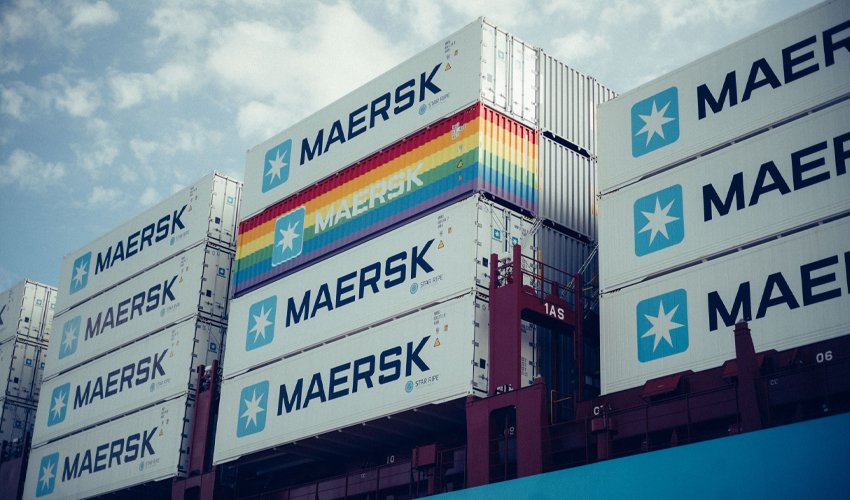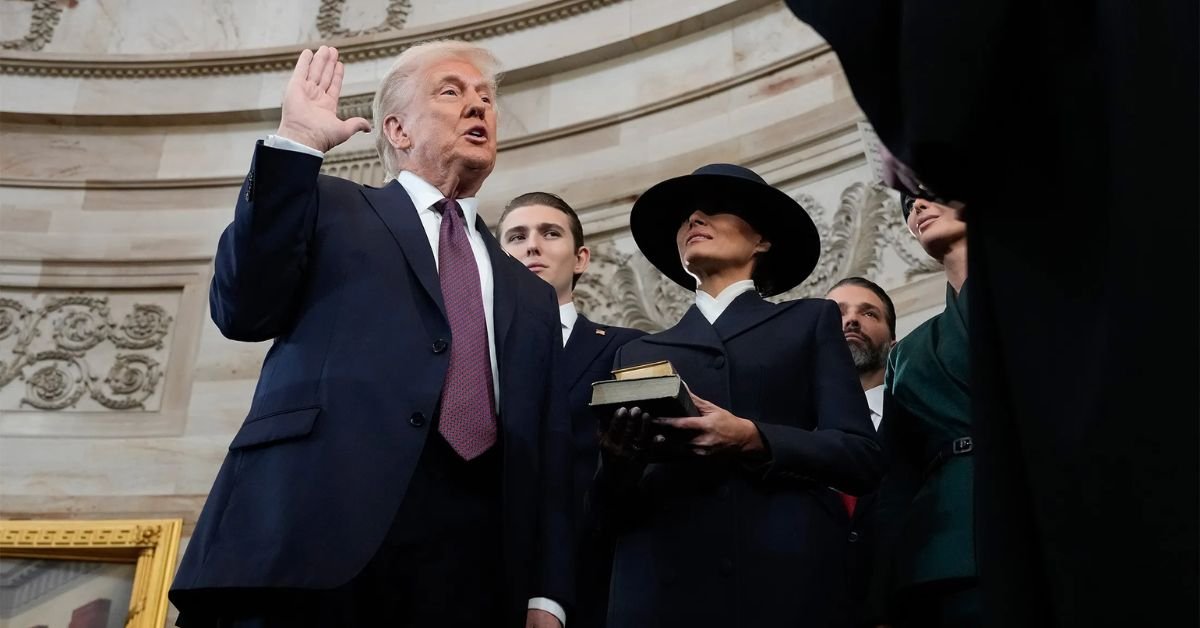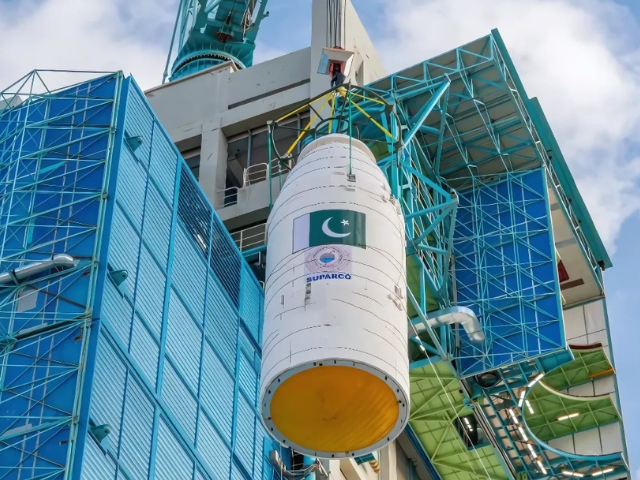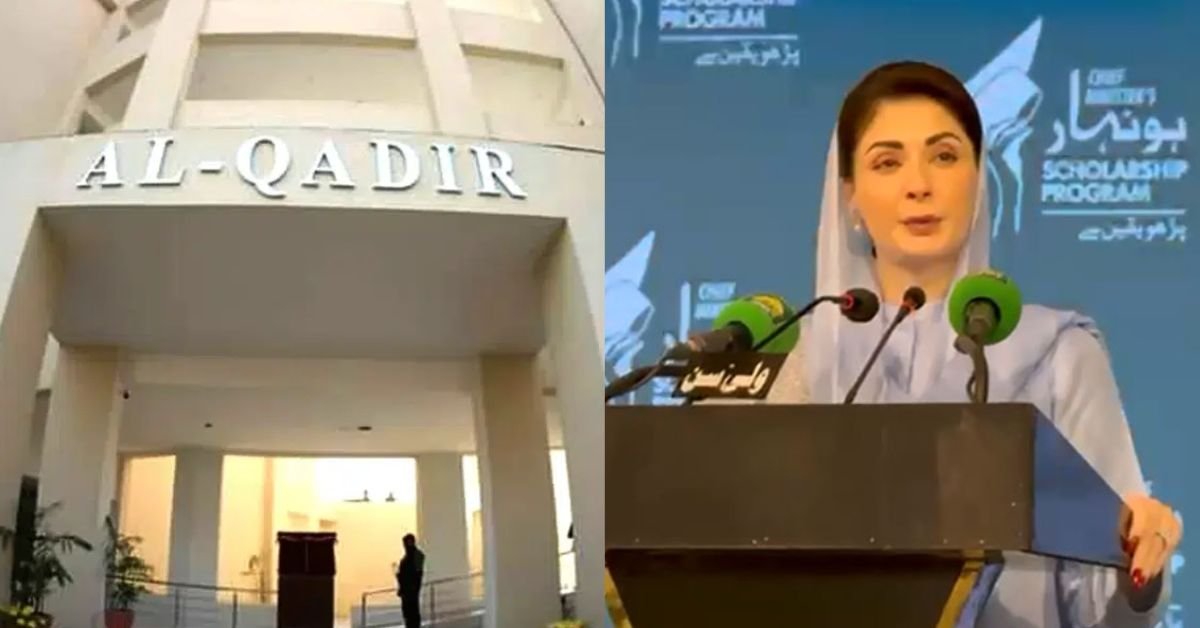In a significant development that underscores Pakistan’s importance on the global trade map, the Danish shipping giant A.P. Moller-Maersk has announced plans to invest $2 billion (approximately 14 billion DKK) in Pakistan. This major investment is being hailed as a strategic move by Maersk, reflecting its confidence in Pakistan’s potential as a crucial hub in international shipping and logistics.
The announcement was made by Pakistan’s Minister for Maritime Affairs, Qaiser Ahmed Sheikh, and was reported by the state-owned Pakistan Television (PTV) on Saturday. According to the minister, this investment by Maersk will be channeled into expanding and modernizing port facilities, which is expected to create substantial job opportunities for Pakistani youth, a demographic that is both large and increasingly skilled. In response to the announcement, Maersk did not deny the details, affirming in an email to Danish business newspaper Børsen: “In connection with APM Terminals’ growth strategy, we are constantly investigating good investment opportunities worldwide. Pakistan is a strategically important market with its strong appetite for growth and due to the role the country plays in global trade.” This investment marks a significant vote of confidence in Pakistan’s economic future and comes at a time when the country is looking to boost its economic output and create jobs. The influx of capital from a global leader like Maersk will not only enhance Pakistan’s maritime infrastructure but also position the country as a key player in global logistics.
However, this positive development has not been without controversy. Pakistan Tehreek-e-Insaf (PTI), the political party led by Imran Khan, reportedly launched a social media campaign and sent hundreds of emails to Maersk in an effort to discourage the company from making this investment. Despite their efforts, the Danish shipping giant has decided to proceed, signaling a clear dismissal of PTI’s campaign.
The PTI’s actions have raised serious concerns and questions about their motives. This is not the first time the party has been involved in actions that appear to undermine Pakistan’s economic interests. Previously, during periods of financial uncertainty, PTI leaders wrote letters to the International Monetary Fund (IMF), urging the institution to withhold crucial loans that Pakistan desperately needed. Such actions have been widely criticized as being against the interests of the Pakistani people, and this recent campaign against Maersk’s investment further adds to the perception of PTI’s animosity towards the economic well-being of Pakistan.
As Pakistan stands on the brink of benefiting from significant international investment, the opposition from PTI appears increasingly out of step with the nation’s broader economic goals. The Maersk investment is expected to bring transformative changes, providing thousands of jobs and helping to modernize Pakistan’s maritime capabilities. For many, this development is seen as a much-needed boost that could pave the way for further international investments in the country. In the face of such positive potential, the PTI’s attempts to thwart the deal only serve to raise questions about their commitment to the future of Pakistan and its people.

















